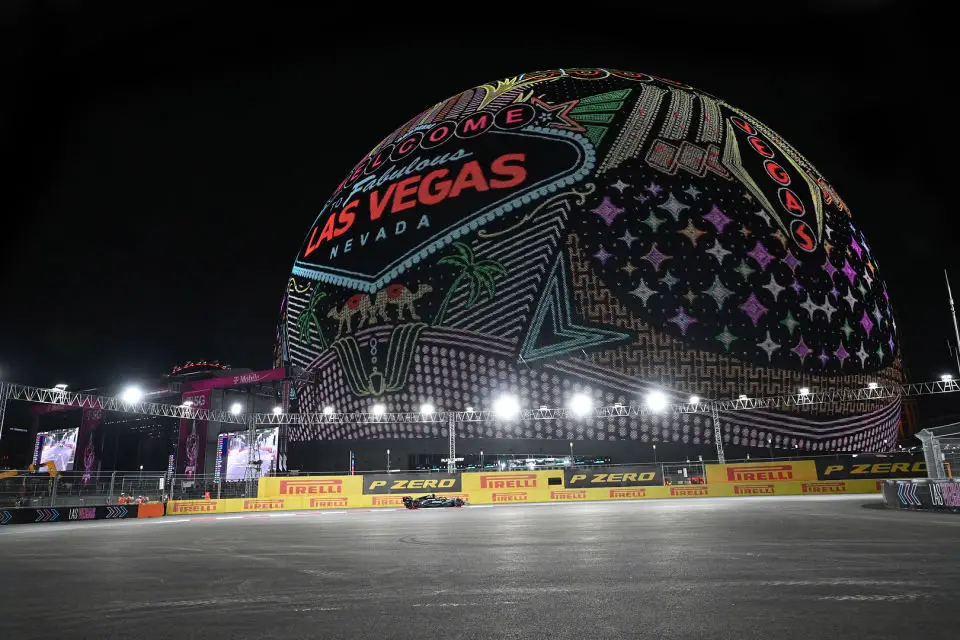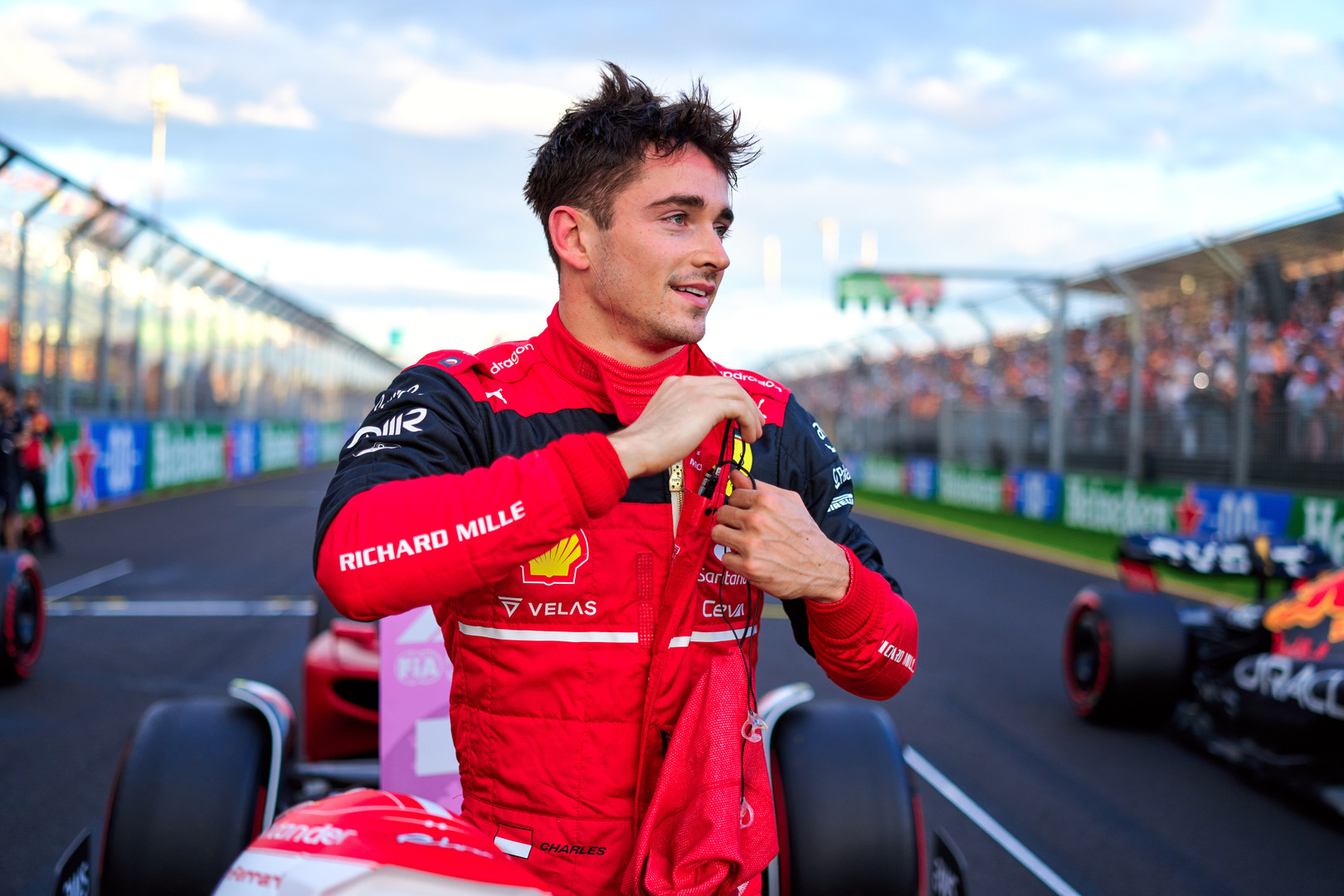Martin Brundle Urges F1 Rule Revision: Sainz’s Unfair Penalty at Las Vegas GP Sparks Debate
Former F1 driver and Sky F1 commentator, Martin Brundle, has called for changes in the F1 regulations following Carlos Sainz’s unjust penalty at the Las Vegas Grand Prix. Despite Sainz’s Ferrari suffering damage from a track incident, the current rules mandated a harsh penalty, sparking a conversation on rule flexibility.
Key Takeaways:
- Carlos Sainz faced a 10-place grid penalty at the Las Vegas Grand Prix due to a new engine installation, necessitated by damage from a loose drain cover. This incident led Martin Brundle to advocate for a revision in F1’s regulatory framework.
- Brundle, in his Sky F1 column, emphasized the need for a rule that allows stewards discretion in exceptional circumstances, to prevent unfair penalties like the one Sainz faced.
- There is a concern that introducing leniency in the rules could lead to teams exploiting this flexibility to their advantage, especially in situations involving the installation of new car parts.

The recent Las Vegas Grand Prix has brought to light a significant issue in Formula 1’s rulebook, as highlighted by Martin Brundle, a respected figure in the F1 community. The incident involving Carlos Sainz and his Ferrari team during the first free practice session (FP1) has sparked a debate over the inflexibility of current F1 regulations.
Sainz’s Ferrari SF-23 was severely damaged when it struck a loose drain cover at high speeds. This unforeseen incident forced the team to install a new power unit, violating the sport’s strict component usage rules. The penalty for such an infringement is typically a grid drop, which in Sainz’s case, was a substantial 10-place penalty. This punishment seemed particularly harsh given that the damage was not due to any fault of the driver or the team.
In his post-race column for Sky F1, Brundle articulated his stance on the matter. He highlighted the necessity for a provision in the rules that allows stewards to exercise discretion in unique situations. Brundle’s quote clearly underscores the predicament: “Carlos Sainz’s car had been wrecked by the errant access cover in first practice in a pretty scary way… There are hundreds of pages of rules in the International Sporting Code and the specific F1 Sporting and Technical regulations, but nothing which can allow the Stewards to legally turn a blind eye if something just doesn’t seem fair.”
However, Brundle also acknowledges the potential pitfalls of such a change. Introducing more leniency could potentially lead to teams exploiting these new rules to their advantage. This was evident in Sainz’s case, where despite the penalty, the new power unit installed could offer a performance advantage in upcoming races. Brundle cautions, “It’s perilous to write a clause and create a precedent where the Stewards can unilaterally ignore regulations in the name of common sense and fairness in force majeure situations.”
This situation with Sainz at the Las Vegas GP opens up a critical discussion within F1. Should the rules be rigidly adhered to, or is there room for interpretation and leniency in extraordinary circumstances? The debate continues, with the F1 community closely watching how the governing bodies will respond to this call for a change in the regulations.




